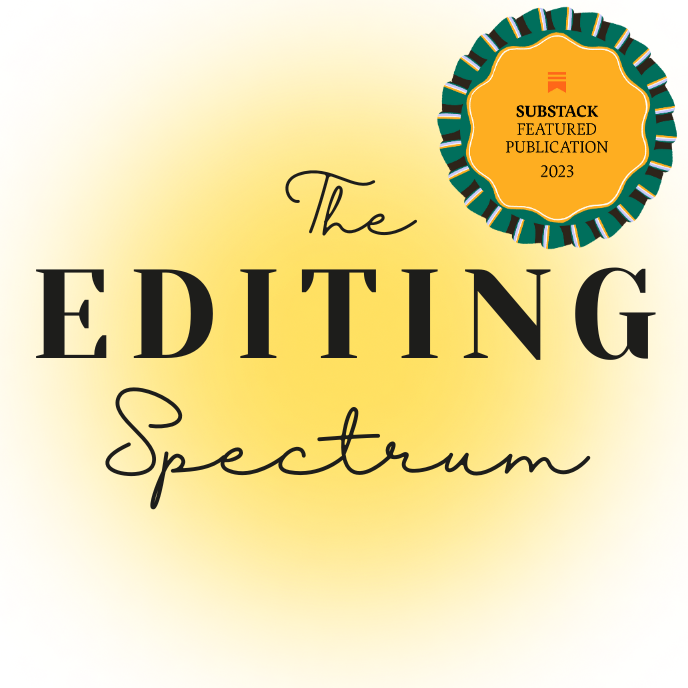3 Habits of Great Writers
/In April I planned a meeting for and spoke to the Denver HubSpot User Group. Since I was the full-time content manager for TMR Direct, I decided it’d only make sense to talk about blogging. I sketched out homework for attendees, eager to see what other great agencies and writers were blogging about. I was hopeful we’d have the chance to analyze what made a particular blog work, the environment in which it was published, the effectiveness of its CTAs, etc.
I was also hopeful this homework would eat up time in my presentation so people wouldn’t yawn from me standing in front of them for an hour.
The week leading up to the meeting, I began building a PowerPoint presentation. Blogging tips this, SEO that, editorial processes, etc. All I saw running through my mind was the amazing content HubSpot had produced on all these topics. I was yawning at the thought that I might be regurgitating what’s already been done quite well.
Truthfully, I was restless. Something just didn’t sit well with me, and I made a midnight-hour decision: flush le PowerPoint. It actually wasn’t even midnight. It was 90 minutes before I had to drive to Denver for the meeting, and now I had to figure out what I was supposed to say, what people actually needed to hear.
So I put aside my super cool leader hat and channeled an inner something or other.
What would I say to a frustrated blogger if we were at dinner?
With that in mind, I sketched out a scrappy Word document about the three habits of every great writer, and I sent it to a good writer friend of mine in San Francisco. Here’s a gently edited version of that frantic, brain dump email that became my presentation outline.
1. Great writers have an unquenchable curiosity
Don't confuse this for distraction. Distracted people don't remember much. Curious people record everything in their brains, in a notepad, in their phone.
2. Great writers write when they feel like it—and when they don't
Writing is like a lover. You love it, you hate it, and you do it anyway. I'll give you a free pass here—if you record your thoughts on audio, it’s better than nothing. But writing does not improve or flourish if it is not tended to. The best writers I know curse up a storm, curse the heavens, curse the almighty pen—but they keep writing.
3. Great writers don't publish what they don't actually believe; they publish what is true
How often have you read a blog or even had a conversation with someone who wasn't believable? Maybe they weren't necessarily telling you lies, but you could tell there was a barrier preventing you from connecting with them. This is what happens when we try to become a person, a business, a non-profit that doesn't actually resound in the core of who we are. This, I believe, is the primary barrier to good content marketing. People publish content because they want someone to join their parade—not because they're steadfast in the heart of the message.
So what's the answer? Embrace your inner artist. There is a unique life experience occurring in you personally and professionally—and the longer you wait to meld the two, the harder it's going to be to see success.
In the process of re-writing my presentation, I was convicting myself. Don’t publish what you don’t believe in, Amanda? How about don’t give shitty PowerPoint presentations as a start? I was nervous about opening up my writerly self to a group of strangers, especially when my mediocre PowerPoint presentation would've likely been sufficient. But it wasn't true, it wasn't right. Guys, I was so nervous that a friend on the east coast had to give me a pep talk on Face Time before going inside to the meeting. But in the end, it paid off. The night went reasonably well, and I gave myself a chance to practice what I was preaching.
Don’t write—or publish or present or sell—what you don’t believe in. Keep going until you find something worth the publish button.
Many thanks to Janine Ferren for properly tagging the most bad ass photo I've found in a Google image search in a long time. Typewriter + 1960s + cigarette FTW.
This post originally appeared here on LinkedIn.


